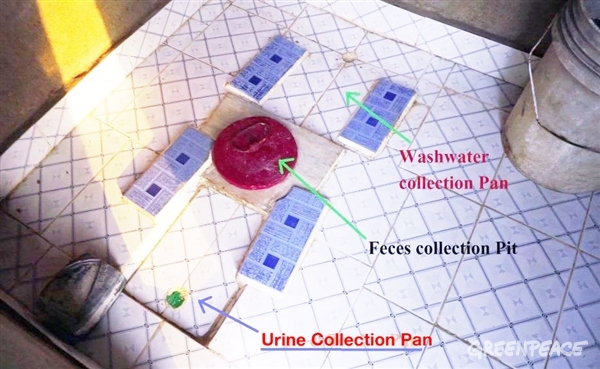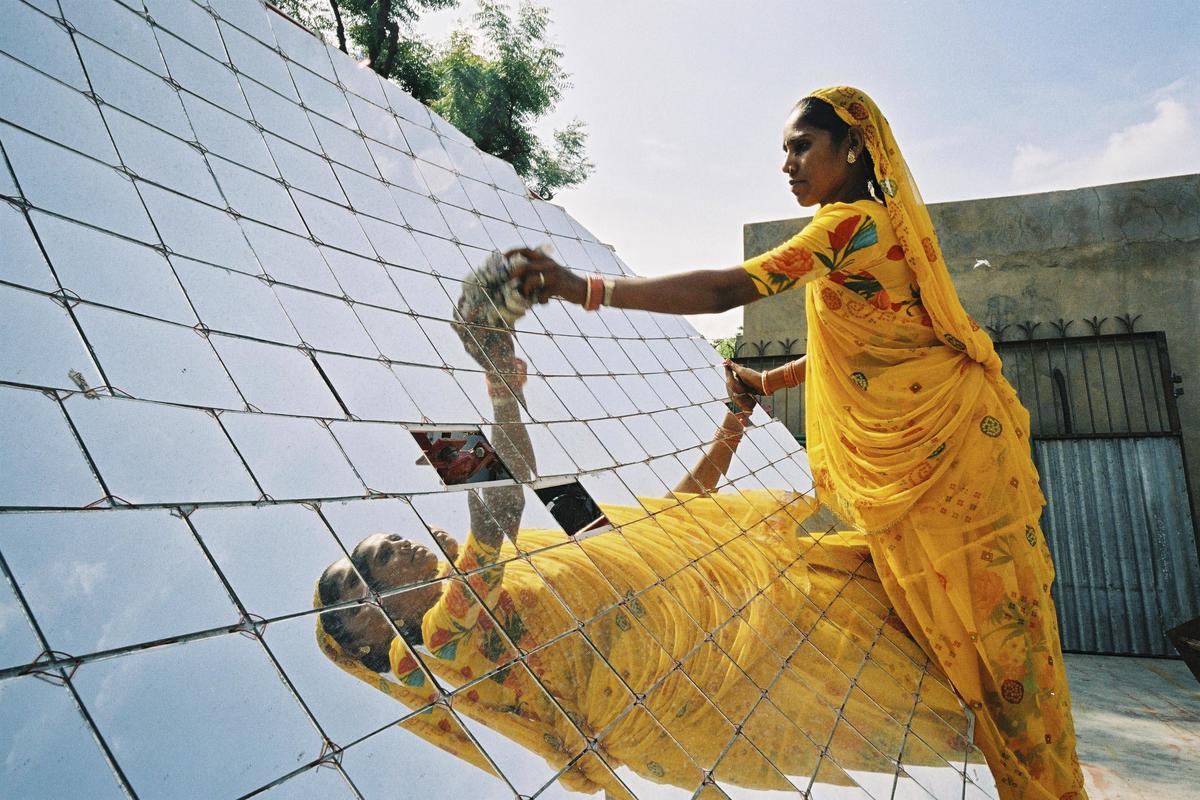New Delhi | 01 February 2018: India is reeling under high degree of toxicity in its air because of pollution. Yet, the Union Finance Minister has to suggest a step for Delhi and its neighbourhood alone in his Budget speech and provisions. This greatly restricts not only a fast multiplying public health and environmental crisis but also leaves the National Clean Air Action Programme promised by none other but the government again in limbo. Similarly, with no clear reflections on renewable energy and little focus on ecological and sustainable farming, the Budget turns out to be none-too-inspiring for our environment, says Greenpeace India.
Sunil Dahiya, Clean Air Campaigner, Greenpeace India said
“Mention of Air Pollution as a cause of concern by Mr Arun Jaitley showed some hope. However, not mentioning the National Clean Air Programme (NCAP) which the government had committed to late last year in the parliament, or not announcing any budgetary allocation for the same came as a disappointment.
Delhi/NCR is undoubtedly one of the most polluted regions but as shown in Greenpeace India’s recent report Airpocalypse II, more than 80% of cities in the country where air quality is monitored are severely polluted and it impacts 47 million children across the country. Also, 580 million people in India don’t even have a single air quality monitoring station in districts they are living. Minister’s budget speech should have addressed the need to increase monitoring stations across the country.
While, Agricultural Biomass Burning is an important issue to tackle, fighting air pollution requires efforts to bring down pollution from many sources like vehicles, coal fired power plants, industries, brick kilns etc. Having a comprehensive, systematic, time bound Clean Air Action Plan with clear financing mechanisms and fixed accountabilities is the only way we can start progressing towards Clean Air Nation.”
“We are running out of time to act on air pollution and every single day delay is leading to environmental, public health and economic loss to the country which will have huge impact on India’s dreams to become a leader in saving the environment,” added Dahiya.
Pujarini Sen, Renewable Energy Campaigner, Greenpeace India said
“While the mention of the usefulness of solar pumps to farmers was a welcome move, however, the lack of focus on solar rooftops is disappointing. Replacing expensive and polluting diesel-run water pumps with solar ones should be a focus for the Government. Moreover, net metered solar pumps have the potential to diversify and increase their income – in line with the Government’s policy.
Solar rooftop can’t be limited within the ambit of Smart Cities alone. Without considerable support and promotion from the Government, this money-saving and job creating branch of solar installations will not meet the national targets. Clean energy is the most important factor in achieving clean air in our country hence solar rooftop should get as much attention as being given to the “Swachh Bharat” campaign from the government.”
Shivani Shah, Food & Agriculture Campaigner, Greenpeace India said
“Farmers are leaving agriculture in thousands on a daily basis and the focus needs to be an impetus to ensure it is made sustainable by moving away from industrialised agriculture practices and more towards agroecology.
From the toplines, it appears that the Budget 2018 is very gloomy for one of the most critical sectors of the economy, agriculture. The stress on doubling farmers income continues to be ridden with conjectures. The 200 crores support for organic farming, women’s Self Help Groups to take up organic farming and FPOs bring a glimmer of hope in an otherwise dreary picture. Yet, this focuses more on farmer credit and support for an already gone-wrong Green Revolution and biotechnology bringing virtually no hope for the agrarian sector of the country.”



